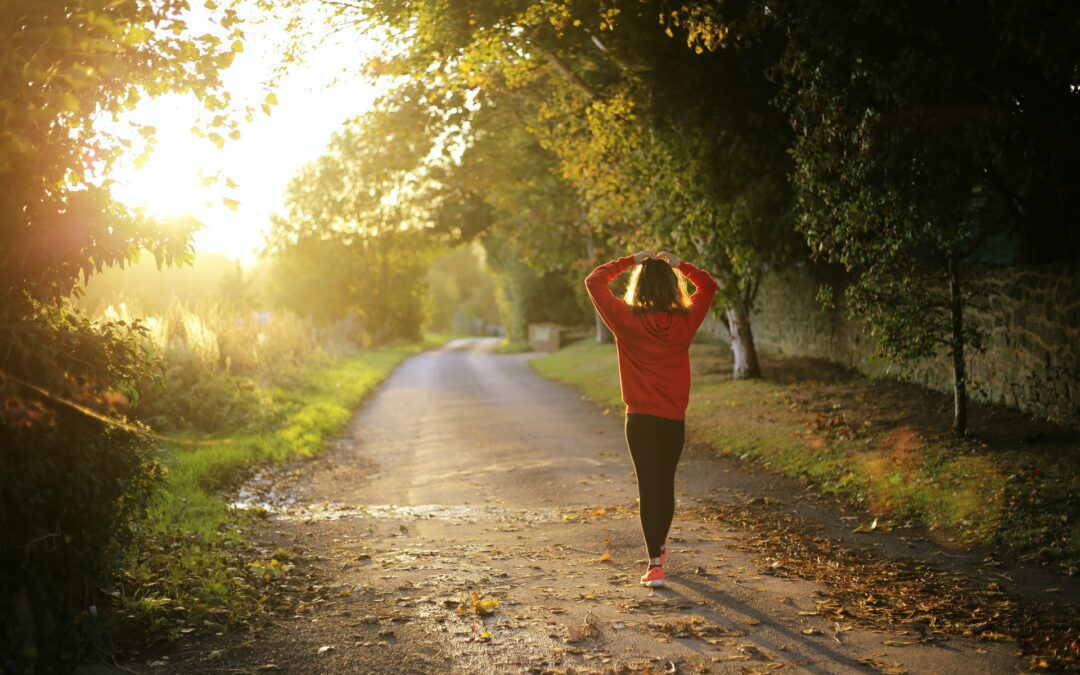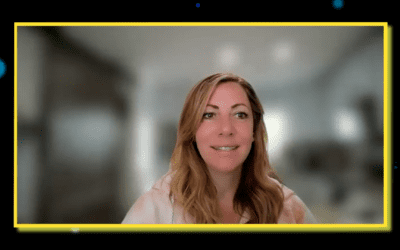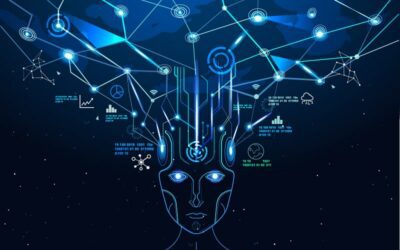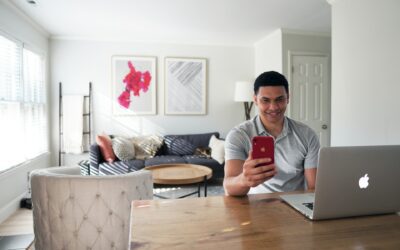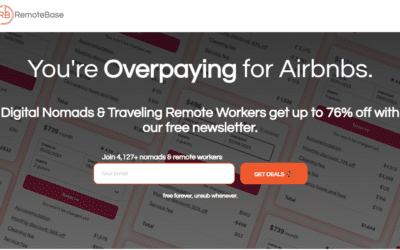|
|
The world is changing fast and we are trying to catch up. The last 2 years have shown us a great deal of how things can change, how well we can adapt and what effects can arise due to these changes.
In the field of work, many things have changed for us all. Whether we work/worked from home, are working remotely, part of a hybrid team or we are working while travelling as digital nomads; for many of us it is a new exciting world of changing habits around how and where work is being done.
While we may have adapted to whatever work system we have been included in, or may have chosen ourselves, these are all still big changes to our lives and our routines.
Several surveys have shown that while working from home or even remotely, it is common to lose the sense of time, as well as the sense of separation between work life and private life as both may have been happening in the same place. The lines dividing our work and rest became blurrier.
This blurriness comes at a time where we are more connected than ever! Your clients, or your boss can reach you anytime they want through phone, email and apps. A RescueTime study in early 2021, estimated that the average time a person spends on his phone is anywhere between 4 and 6 hours per day. These numbers have increased drastically in the last 2 years with the COVID-19 pandemic, that forced more people than ever to work remotely, thus depending more and more on digital connectivity and subsequently, spending more time on their devices.
All these factors have a toll on our physical and mental wellbeing. Feelings of burnout are now more common among employees and freelancers than before; stress-related auto-immune diseases are on an all-time high, mental health issues related to anxiety and loneliness are as common as headaches, and physical strain due to sedentary life or bad posture are soaring.
That’s why it’s important to strive to establish healthy habits now more than any other time. Now that we are adapting to new realities, it is the best time to build our new habits about our new work routines on a sustainable and healthy basis.
And this is why Expertlead, an HR tech company that specializes in recruitment and assessment of tech qualification of IT experts organized a fireside chat titled “The art of digital wellness”.
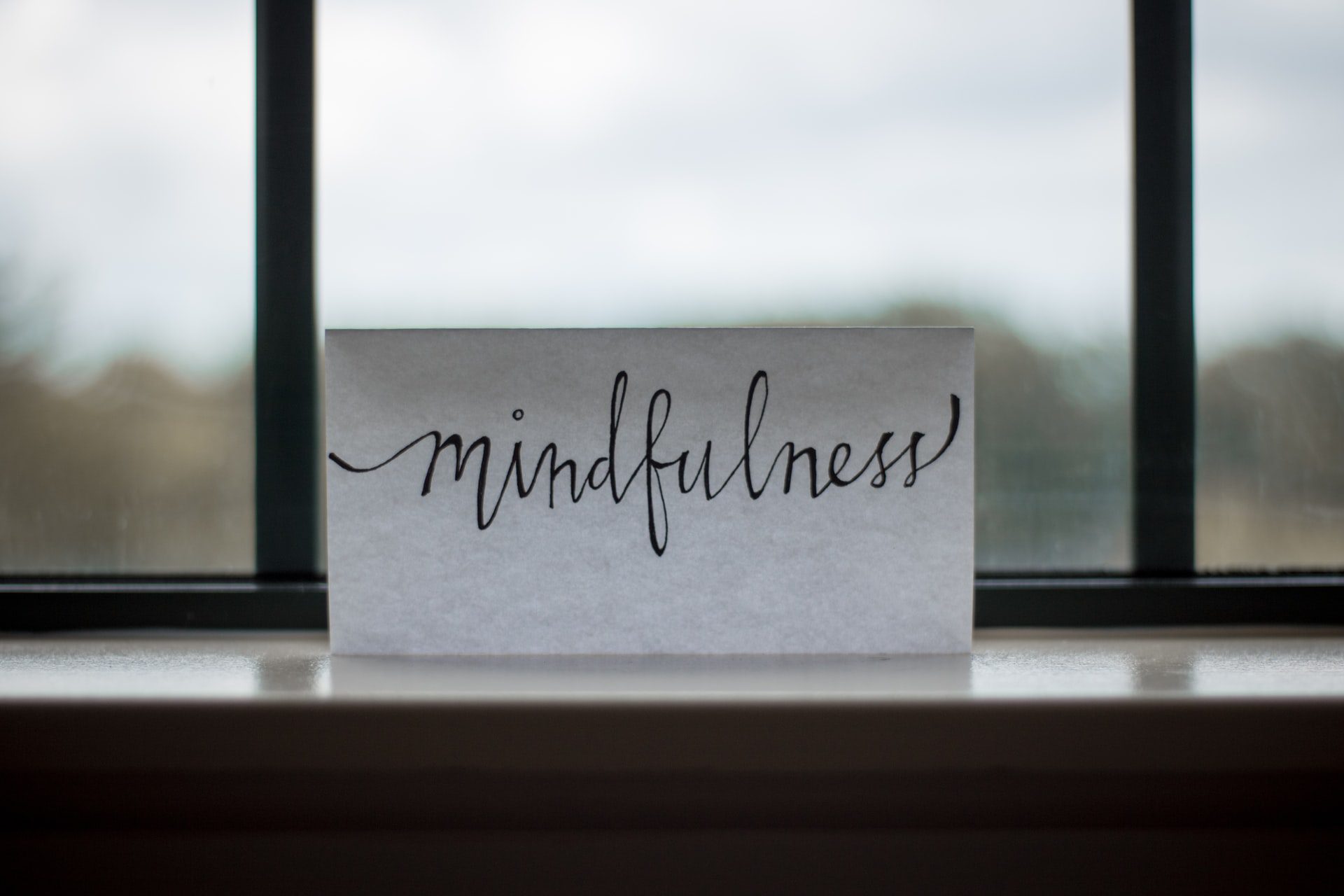
The art of digital wellness
This Fireside chat organized by Expertlead was held on 2 December. Featuring Tuba Vogel, VP of People and Culture at Expertlead. Tuba is an expert when it comes to human resources and a corporate culture that strives on a balance between employee productivity and satisfaction.
I (Andy Stofferis) was the second panelist of this event. With an aim of bringing the perspective of an experienced digital nomad, who has fallen into many of the pitfalls of neglecting wellness and tried and tested ways to improve work and life routines to create balance and enjoy the life of digital nomadism.
The goal of the chat was to discuss the importance of digital wellness and tips to help anyone, whether they are digital nomads, remote-workers, hybrid workers or even full-time employees with practical tips and ideas that they can apply to be more mindful, and create a more sustainable work routine and work-life balance. Here are the main takeaways from the chat.
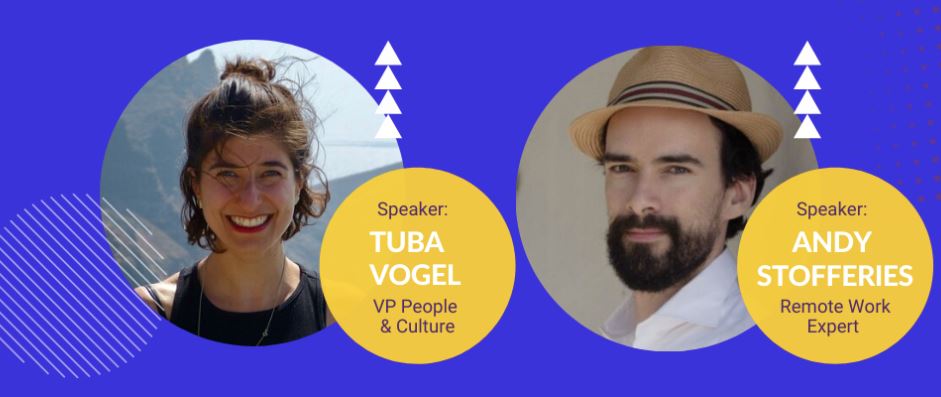
What is digital wellness?
Digital wellness or digital wellbeing is a concept that developed due to the increased use of technology that can affect our general wellbeing. Excessive use of technology can cause mental health issues, attention issues as well stress and anxiety-related maladies.
The goal of digital wellness is to create a balanced and healthy relationship between us and technology, in order to mitigate or eliminate its bad effects on our health.
Why is digital wellness important?
The world is now full of distractions, and if we want to maintain a work-life balance, we need to moderate our use of technology to avoid burnout and mental health issues. It will also help improve our work and self-satisfaction and productivity.
Achieving a good level of digital wellness is not without challenges. Keeping a balanced routine is not easy for digital nomads, when you have to constantly adapt to new environments. Staying in the present moment is also a big challenge; we spend 95% of our time using the subconscious mind that runs on autopilot, while as a digital nomad, it’s all about experiencing the present and being in the moment. Also finding the balance between work and creating boundaries when it comes to private life is a big challenge for wellness.
What can I apply in my daily routine to raise the level of my digital wellbeing?
Here are some of the tips Tuba and I recommended to the audience:
- Take time for yourself: select the activities you want to do, and take regular breaks from work.
- Experiment: what works for someone else may not necessarily work for you, so try different ways/apps/exercises/routines to maintain your digital wellness.
- Say no to loneliness: we stressed on the importance of scheduling meetings with friends, going out, taking part of social activities, planning holidays for your mental health. It’s also possible to fight isolation by alternating the workplace: 2 days/week from a coworking space, 2 days from home and 1 day from a new place, like a remote work-friendly café.
- Equip yourself: invest in a good desk or a standing table. Try to keep your monitors at your eye level to maintain good posture, use a separate keyboard and have a headset that will allow you to walk around while in a call so you get more active and stretch your body.
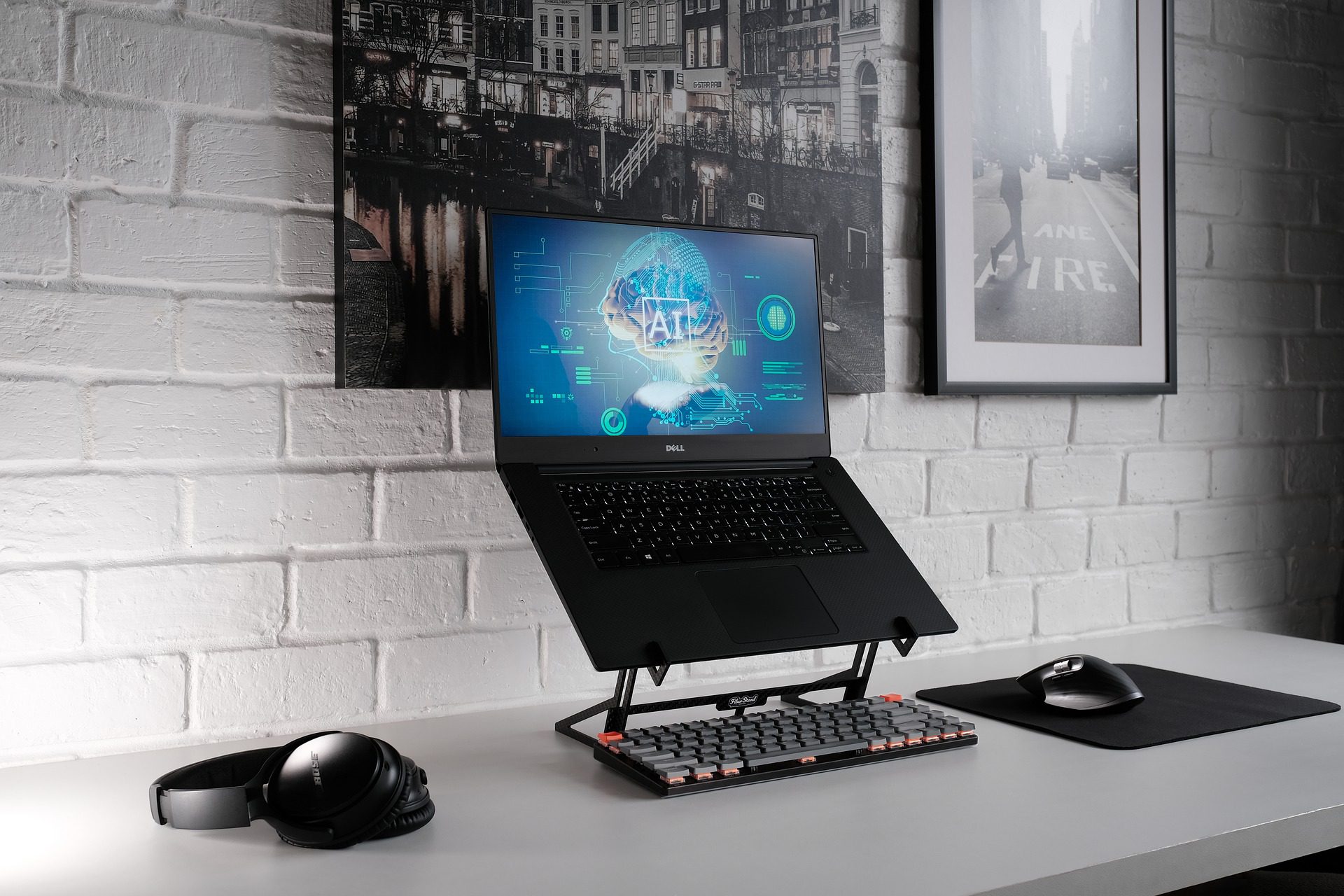
- Do screen-free activities during your breaks and after work: try to play a (team) sport on a regular basis, invest in some basic stuff for body exercises and stretching (e.g. yoga mat, weights).
- Fight stress: practicing stillness and breathing exercises is very helpful to calm you down and bring you in the moment. Having a routine can also limit stress as you will know in advance what is coming. Learn to prioritize, so you don’t get overwhelmed. Also: try to stay away from your phone 1 hour before bed and 1 hour after you wake up. Sport and regular walks also help with limiting stress and releasing tones of (negative) emotions.
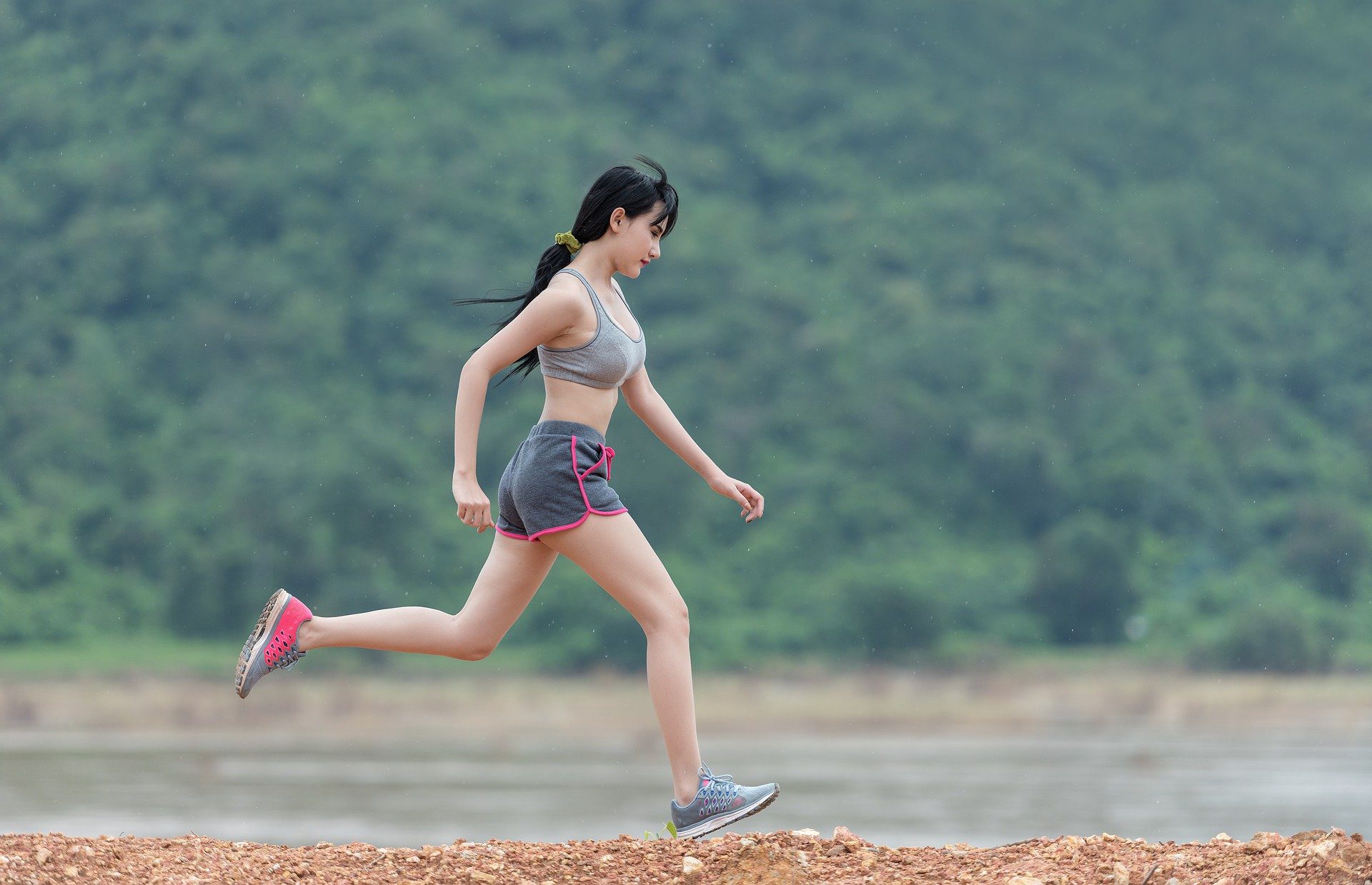
- Extra tips for you to try:
-
- Try meditation, even for a few minutes a day.
- Try journaling. Write down the most important event of every day or something you are grateful for; this will make you more mindful.
- Slowmad: If you are a digital nomad, try moving slower to really experience the place you visit and limit stress.
- Pay attention to your diet, eat well and include some brain foods in your meals (avocado, nuts, eggs, fish, salad…etc)
- Improve your sleep Try to get enough deep sleep to improve your wellbeing.
- Find your holiday pattern: do you need 2 weeks to feel relaxed? Or do you prefer shorter getaways?
- Deep work: create regular sessions where you are only focused on the task at hand – without any possible distraction. Then reward yourself with an active break if possible.
Do you apply any of these tips?

